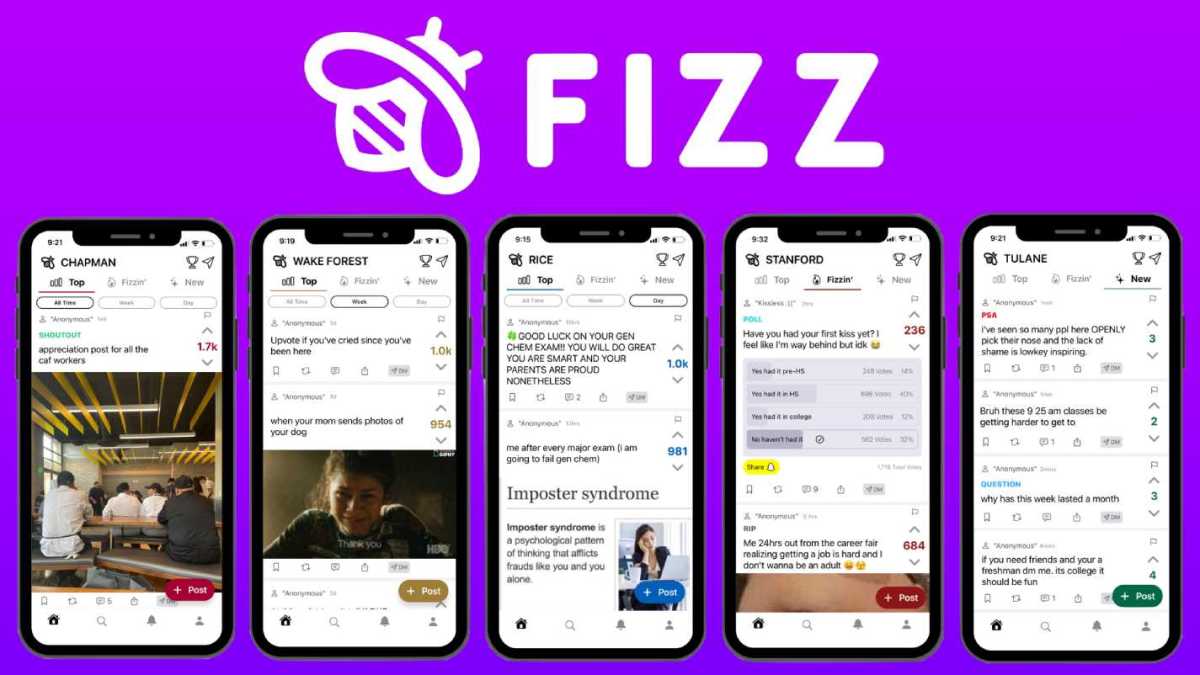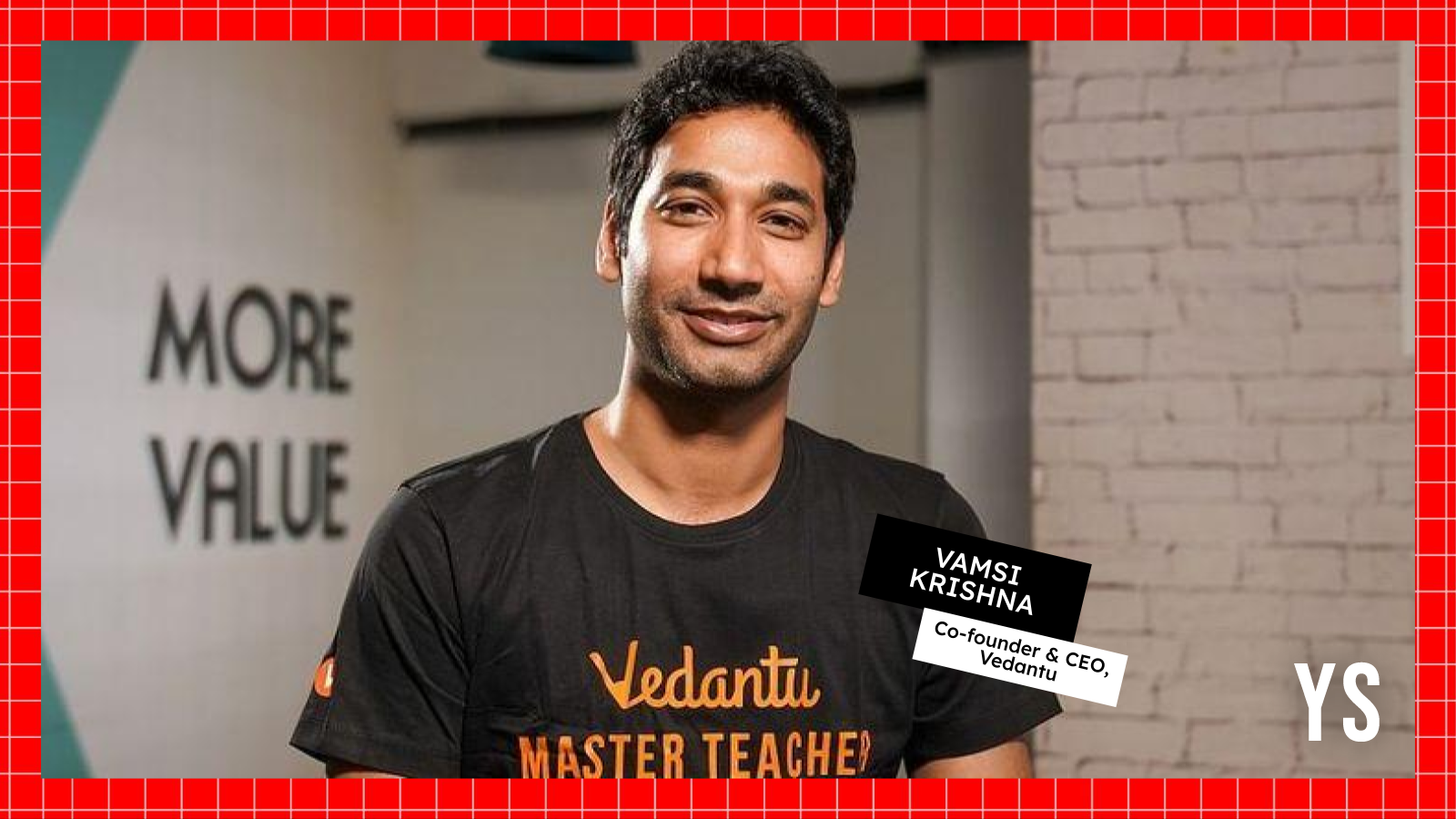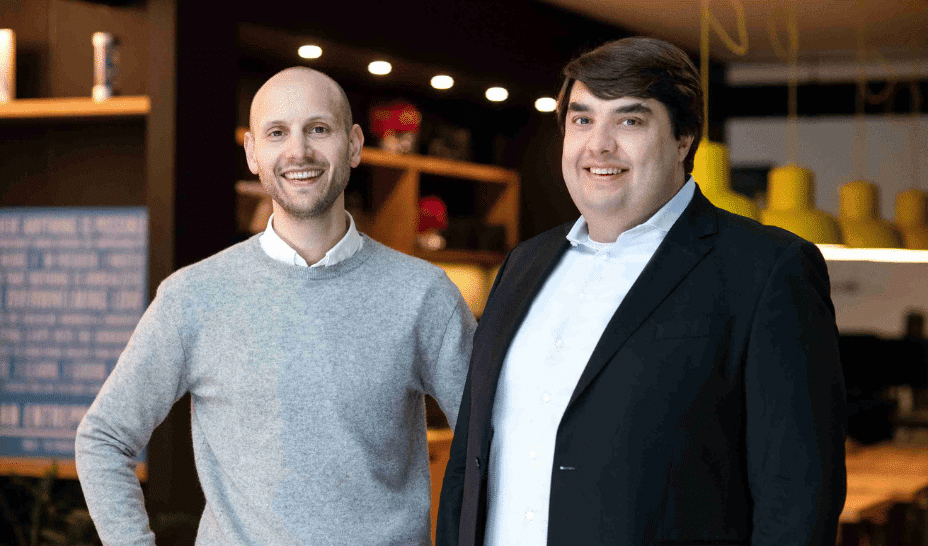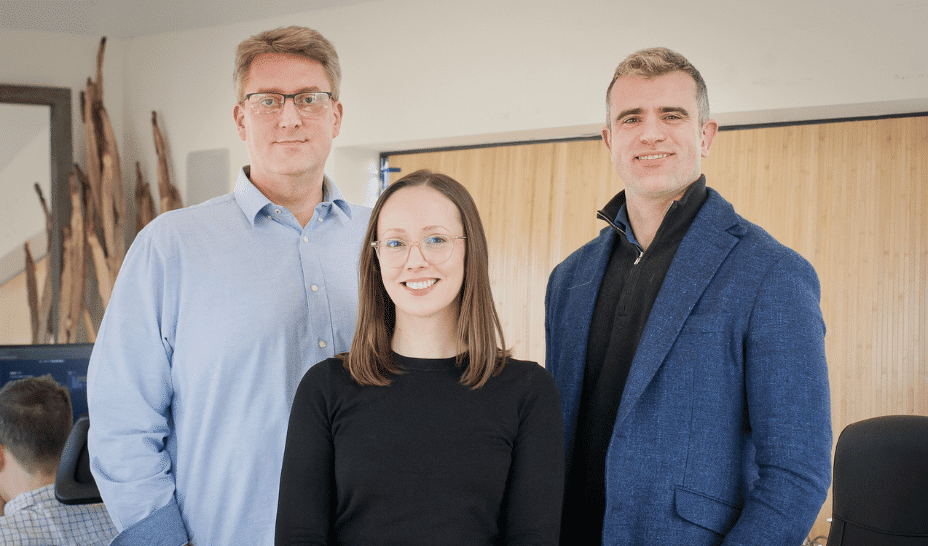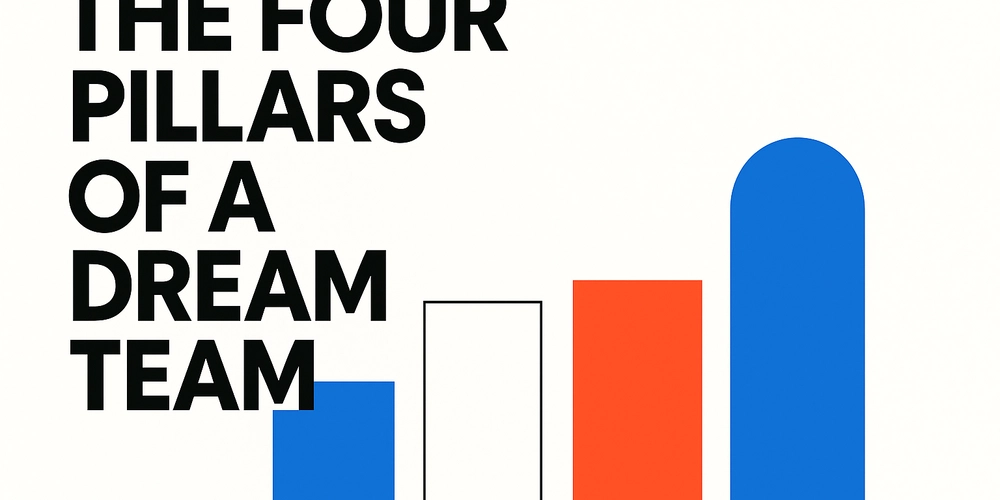Empowering Community-Driven Projects: The Power of Open Source Funding Workshops
Abstract: Open Source Funding Workshops are emerging as a vital resource for developers, maintainers, and community leaders seeking to secure sustainable financial support for community-driven projects. This post explores the background, core concepts, applications, challenges, and future innovations of these workshops. By providing an in-depth look at funding models—from donations and sponsorships to corporate partnerships and grant writing—this article highlights how these events empower open source communities. We also discuss the role of community engagement, technical quality assurance, and marketing outreach in creating financially robust projects. For more on this topic, read the original article on Open Source Funding Workshops: Empowering Community-Driven Projects. Introduction Open source projects are the backbone of modern software innovation. They promote transparency, collaborative development, and technological progress. However, while the developers behind these projects are passionate, many face significant challenges in funding their work. Open Source Funding Workshops are designed to equip developers, maintainers, and community members with the tools and strategies they need to secure sustainable financial support. This is essential not only for the continuous development of these projects but also for strengthening community engagement and ensuring technical quality over time. Funding is no longer an afterthought—it is now a central pillar in the success and longevity of open source initiatives. In this post, we will detail how these workshops operate, outline the various funding models available, and provide insights into strategies that can set a project on the path to sustainability. Background and Context Over the past two decades, open source software has evolved from a niche collaborative movement to a cornerstone of global technological infrastructure. Despite its widespread adoption, many open source projects struggle financially, often relying solely on small donations or sporadic sponsorships. This gap in consistent funding prompted the creation of funding workshops that focus on educating project stakeholders about the multiple revenue streams available. Historically, developers would contribute code out of passion and curiosity. Today, however, the ecosystem is complex—balancing innovation with financial viability is essential. Open Source Funding Workshops address this by: Educating on Best Practices: Participants learn from experts about sustainable funding, ensuring that projects can adapt to evolving technology and user needs. For more insights, check out sustainable funding for open source. Community Growth Strategies: Workshops highlight strategies to strengthen community ties, which in turn drive project visibility and contribute to a virtuous cycle of support. Explore community engagement strategies for additional tips. Quality Assurance: Reliable funding supports thorough testing, continuous updates, and security measures that make projects robust and dependable. Learn about software sustainability practices to ensure long-term project health. The open source ecosystem is now at a crossroads where integrating funding strategies with technical development has become necessary for survival and growth. Core Concepts and Features Open Source Funding Workshops focus on several key components, each offering vital techniques to improve the financial health of open source projects. These include: 1. Understanding Funding Models One of the main pillars of these workshops is familiarizing participants with diverse funding avenues: Donations and Sponsorships: Utilizing platforms like Patreon, OpenCollective, and GitHub Sponsors, developers can tap into community goodwill. For additional context, refer to financing your project via individual donations. Grants and Foundations: Applying for grants from organizations dedicated to supporting open source projects is another critical pathway. Developers learn how to create compelling proposals, articulate project goals, and manage budgets effectively, as discussed in resources covering open source grants for developers. Commercial Partnerships: Establishing collaborations with businesses that benefit from the project can create mutually beneficial sponsorship opportunities. Check out discussions on corporate sponsorship benefits and commercial models. 2. Grant Writing and Proposal Development Workshops offer hands-on sessions where attendees learn: Identifying Potential Funders: Conducting thorough research on potential sponsors and aligning their mission with the project’s vision. Articulating Project Goals: Clearly outlining the impact, objectives, and future vision of the project. Budget Planning: Creating transparent and realistic financial plans that build trust with sponsors. Detailed strategies can be found in open source project financial tra
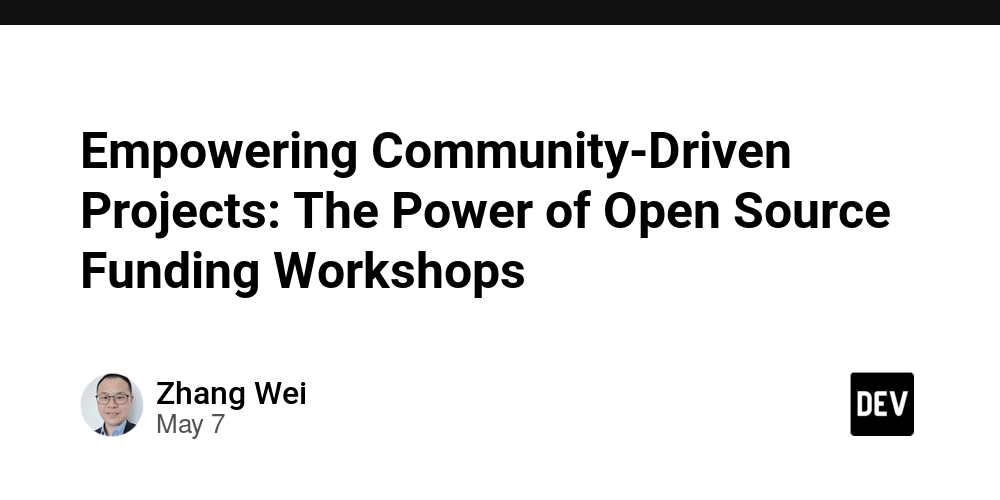
Abstract:
Open Source Funding Workshops are emerging as a vital resource for developers, maintainers, and community leaders seeking to secure sustainable financial support for community-driven projects. This post explores the background, core concepts, applications, challenges, and future innovations of these workshops. By providing an in-depth look at funding models—from donations and sponsorships to corporate partnerships and grant writing—this article highlights how these events empower open source communities. We also discuss the role of community engagement, technical quality assurance, and marketing outreach in creating financially robust projects. For more on this topic, read the original article on Open Source Funding Workshops: Empowering Community-Driven Projects.
Introduction
Open source projects are the backbone of modern software innovation. They promote transparency, collaborative development, and technological progress. However, while the developers behind these projects are passionate, many face significant challenges in funding their work. Open Source Funding Workshops are designed to equip developers, maintainers, and community members with the tools and strategies they need to secure sustainable financial support. This is essential not only for the continuous development of these projects but also for strengthening community engagement and ensuring technical quality over time.
Funding is no longer an afterthought—it is now a central pillar in the success and longevity of open source initiatives. In this post, we will detail how these workshops operate, outline the various funding models available, and provide insights into strategies that can set a project on the path to sustainability.
Background and Context
Over the past two decades, open source software has evolved from a niche collaborative movement to a cornerstone of global technological infrastructure. Despite its widespread adoption, many open source projects struggle financially, often relying solely on small donations or sporadic sponsorships. This gap in consistent funding prompted the creation of funding workshops that focus on educating project stakeholders about the multiple revenue streams available.
Historically, developers would contribute code out of passion and curiosity. Today, however, the ecosystem is complex—balancing innovation with financial viability is essential. Open Source Funding Workshops address this by:
- Educating on Best Practices: Participants learn from experts about sustainable funding, ensuring that projects can adapt to evolving technology and user needs. For more insights, check out sustainable funding for open source.
- Community Growth Strategies: Workshops highlight strategies to strengthen community ties, which in turn drive project visibility and contribute to a virtuous cycle of support. Explore community engagement strategies for additional tips.
- Quality Assurance: Reliable funding supports thorough testing, continuous updates, and security measures that make projects robust and dependable. Learn about software sustainability practices to ensure long-term project health.
The open source ecosystem is now at a crossroads where integrating funding strategies with technical development has become necessary for survival and growth.
Core Concepts and Features
Open Source Funding Workshops focus on several key components, each offering vital techniques to improve the financial health of open source projects. These include:
1. Understanding Funding Models
One of the main pillars of these workshops is familiarizing participants with diverse funding avenues:
Donations and Sponsorships:
Utilizing platforms like Patreon, OpenCollective, and GitHub Sponsors, developers can tap into community goodwill. For additional context, refer to financing your project via individual donations.Grants and Foundations:
Applying for grants from organizations dedicated to supporting open source projects is another critical pathway. Developers learn how to create compelling proposals, articulate project goals, and manage budgets effectively, as discussed in resources covering open source grants for developers.Commercial Partnerships:
Establishing collaborations with businesses that benefit from the project can create mutually beneficial sponsorship opportunities. Check out discussions on corporate sponsorship benefits and commercial models.
2. Grant Writing and Proposal Development
Workshops offer hands-on sessions where attendees learn:
- Identifying Potential Funders: Conducting thorough research on potential sponsors and aligning their mission with the project’s vision.
- Articulating Project Goals: Clearly outlining the impact, objectives, and future vision of the project.
- Budget Planning: Creating transparent and realistic financial plans that build trust with sponsors. Detailed strategies can be found in open source project financial transparency.
3. Building a Sustainable Community
A project’s success is inseparable from its community. Workshops stress the importance of:
- Effective Communication: Using modern tools like Slack and Discord to maintain open and collaborative channels with contributors.
- Recognition and Incentives: Empowering community members with acknowledgment through contributor recognition systems. Discover more on contributor recognition systems.
4. Marketing and Outreach Strategies
Securing funding also means making your project visible. Strategies include:
- Strong Online Presence: Keeping a dynamic website and engaging social media channels helps to attract donors and supporters. See examples on open source funding success stories.
- Storytelling: Sharing the project’s journey and milestones helps to build a connection with potential sponsors.
Below is a table that summarizes the key funding models discussed:
| Funding Model | Key Platforms/Methods | Benefits |
|---|---|---|
| Donations & Sponsorships | Patreon, OpenCollective, GitHub Sponsors | Community-driven, recurring revenue |
| Grants & Foundations | Specialized grant programs, non-profit funding organizations | Institutional support, focused project impact |
| Commercial Partnerships | Corporate sponsorships, business collaborations | Mutual benefits, increased market exposure |
Applications and Use Cases
Open Source Funding Workshops translate theory into practice by guiding participants through real-world applications. Here are some practical examples:
Case Study 1: Donation-Driven Projects
A small but innovative development team leverages platforms like Patreon and GitHub Sponsors to secure recurring funding. With proper marketing strategies and donor engagement, the project evolves into a robust platform with continuous updates and community-driven enhancements.Case Study 2: Grant-Funded Open Source Initiatives
A research-oriented open source project applies for grants down to multifaceted proposals, demonstrating clear project goals and a sustainable budget. The support from grant-awarding organizations not only boosts the project’s financial viability but also increases its credibility in the wider tech industry.Case Study 3: Commercial Partnerships Leading to Innovation
By highlighting how their technology benefits commercial clients, an open source project secures investment from corporate partners. These partnerships bring not only funding but also additional resources, mentorship, and market insights that drive further innovation.
Key takeaways for developers include:
- Develop clear strategies: Prioritize transparent communication and a well-articulated proposal when reaching out to potential funders.
- Leverage community tools: Utilize collaboration tools such as Slack and Discord to establish a strong community network.
- Implement diverse funding streams: Relying solely on one funding source is risky. Explore multiple models—donations, grants, and commercial partnerships—to ensure financial stability.
A bullet list of funding benefits:
- Continuous development and updates driven by predictable income streams.
- Enhanced community engagement through clear contributor recognition and reward systems.
- Improved quality assurance, ensuring rigorous testing and robust security measures.
Challenges and Limitations
Despite the promise of these workshops, several challenges remain:
Complex Proposal Development:
Many developers may find it challenging to translate technical capabilities into compelling financial proposals. The process demands a mix of storytelling, market analysis, and detailed budgeting.Adoption Barriers:
Not all projects have an established user base or community, which can limit the attractiveness of funding proposals. New projects may struggle to gain the necessary visibility to secure sponsorship.Balancing Free and Paid Contributions:
There is always a tension between keeping the project fully open-source and integrating monetized features. This can lead to debates around ethical funding methods and open source licensing. For further reading, consider exploring topics like open source licensing challenges and solutions.Market Saturation:
With numerous open source projects competing for similar funding, standing out in the crowd requires innovative approaches and persistent community engagement.
Future Outlook and Innovations
The future of open source funding is bright, bolstered by innovative funding models and the integration of emerging technologies:
Blockchain and Tokenization:
New funding mechanisms that use blockchain can create decentralized sponsorship models. Tokenization of open source contributions is becoming increasingly popular, offering transparency and secure financial tracking. For additional insights into blockchain innovations in funding, see blockchain project funding for open source.Integration with Decentralized Finance (DeFi):
Open source projects can leverage DeFi to explore opportunities such as liquidity pools and staking for financial sustainability. As these innovative methods mature, they may redefine how projects secure long-term funding.Enhanced Community Incentives:
Future models are likely to provide more robust incentive systems, including reward tokens and exclusive access, to acknowledge contributors beyond traditional donations.Convergence of Funding and Licensing:
The integration of open source licensing with funding strategies can ensure that projects remain compliant and ethically monetized. This trend is under active discussion in the developer communities as projects seek to maintain the free nature of software while ensuring financial support.
These innovations are being discussed actively in technical communities and on platforms like Dev.to. For example, check out these insightful posts on funding and community growth:
- Donations for Open Source Projects: Fueling Innovation Through Community Contributions
- Financial Planning for Open Source Developers: A Path to Sustainability
- Unveiling the Impact of the Sleepycat License: Balancing Openness and Fair Code Principles
These discussions help shape the evolving landscape of open source funding and inspire further innovations.
Summary
Open Source Funding Workshops offer a comprehensive framework for addressing the multifaceted challenges of sustaining open source projects. By educating developers in funding models—ranging from donations and sponsorships to grants and commercial partnerships—these workshops empower communities to grow and innovate. Key points include:
- The necessity of sustainable funding for continuous development and quality assurance.
- The importance of clear, transparent grant proposals and effective marketing strategies.
- The integration of modern tools for community engagement, such as Slack and Discord.
- Future trends that include blockchain integration, decentralized finance, and innovative incentive systems.
Ultimately, these workshops not only provide the technical knowledge needed to navigate funding challenges but also encourage a mindset that blends technological innovation with financial sustainability. This balanced approach is crucial for ensuring that open source projects continue to thrive and influence the global tech landscape.
For those interested in a deeper dive, be sure to review the original article on Open Source Funding Workshops: Empowering Community-Driven Projects. Additional resources on sustainable funding for open source and community engagement strategies offer valuable insights for further exploration.
As the open source ecosystem continues to evolve, so too will the methods by which projects secure the necessary resources. With informed strategies and strong community support, the future of open source is set to be as dynamic and innovative as ever.
Embrace the power of community-driven funding and unlock the full potential of your open source project!










































































































































































![[The AI Show Episode 146]: Rise of “AI-First” Companies, AI Job Disruption, GPT-4o Update Gets Rolled Back, How Big Consulting Firms Use AI, and Meta AI App](https://www.marketingaiinstitute.com/hubfs/ep%20146%20cover.png)









































































































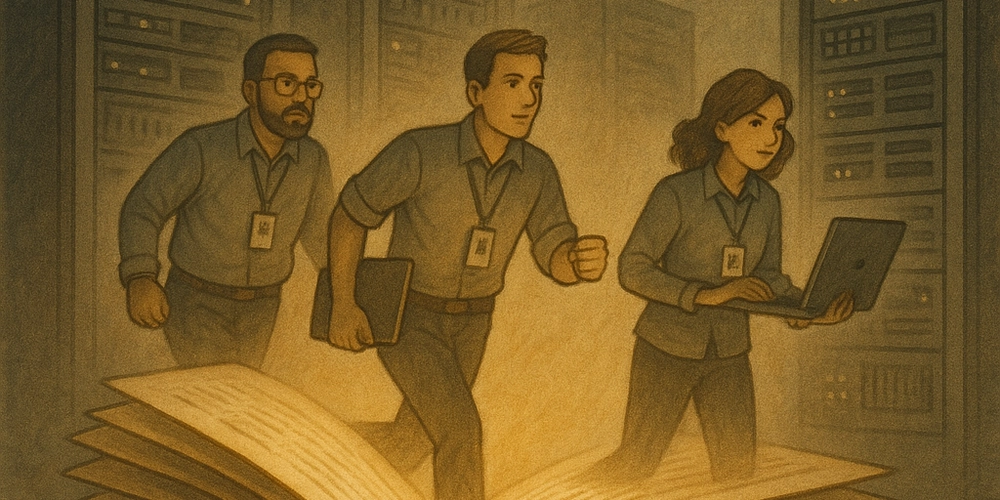














![[DEALS] The Premium Python Programming PCEP Certification Prep Bundle (67% off) & Other Deals Up To 98% Off – Offers End Soon!](https://www.javacodegeeks.com/wp-content/uploads/2012/12/jcg-logo.jpg)












































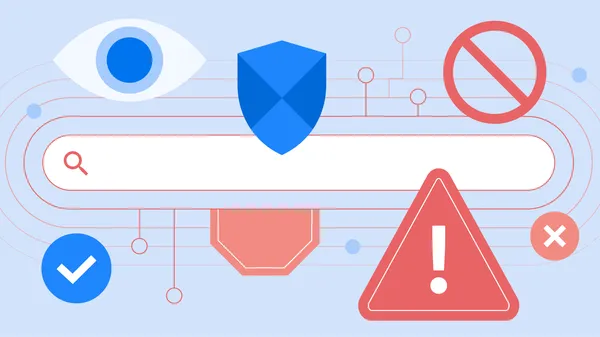


































































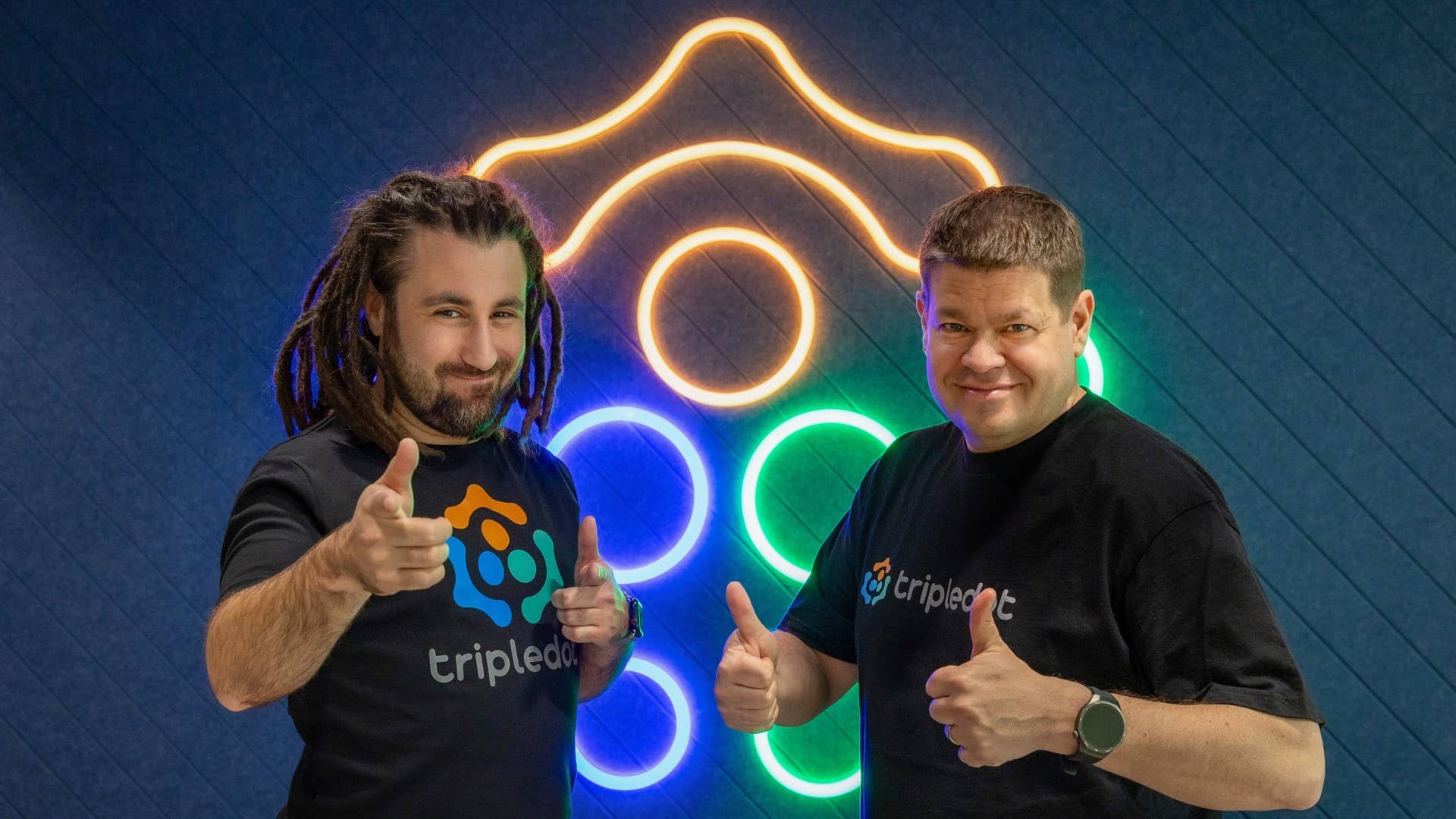




























_Aleksey_Funtap_Alamy.jpg?width=1280&auto=webp&quality=80&disable=upscale#)
_Sergey_Tarasov_Alamy.jpg?width=1280&auto=webp&quality=80&disable=upscale#)





















































































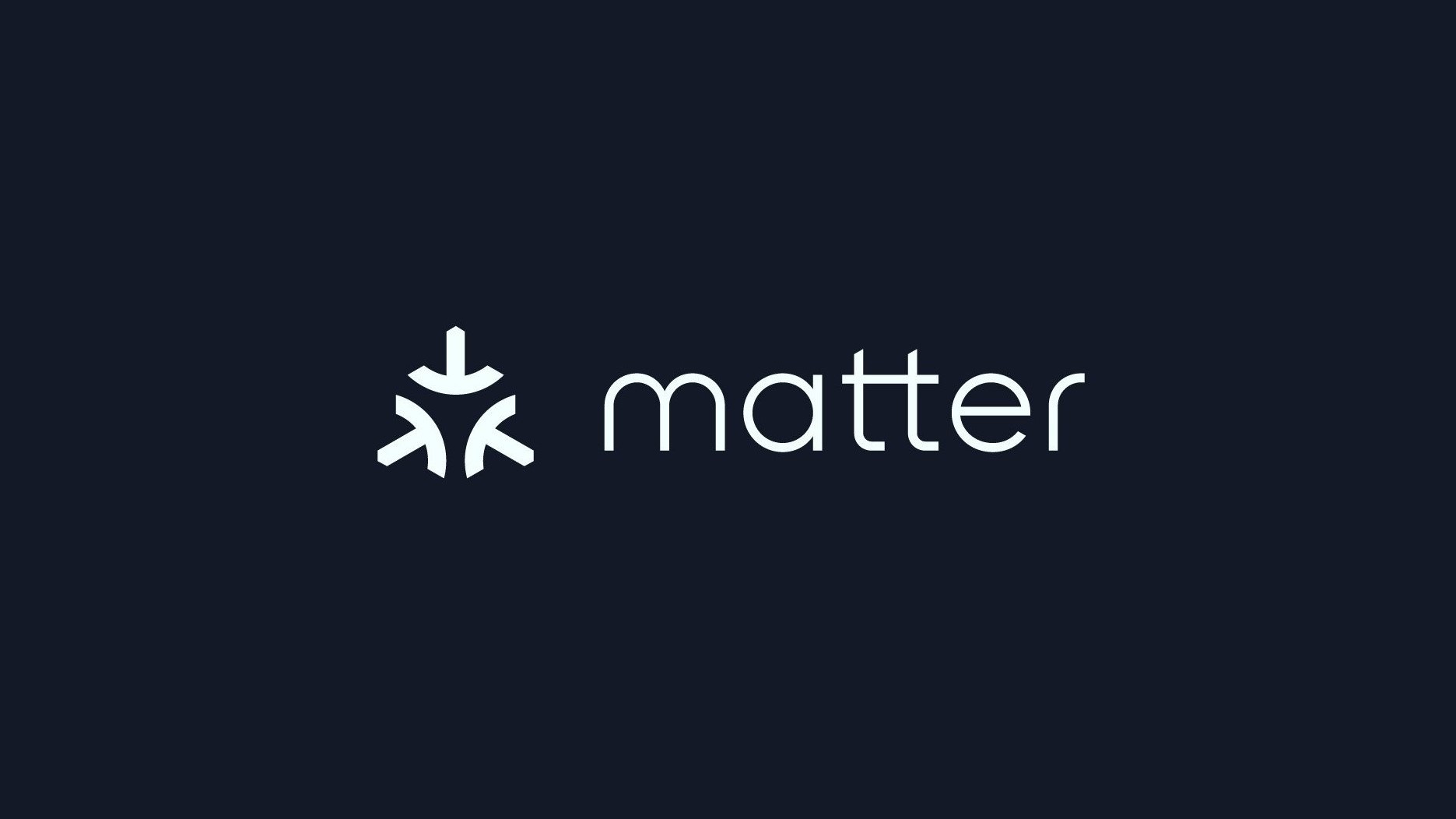

























![Apple Developing New Chips for Smart Glasses, Macs, AI Servers [Report]](https://www.iclarified.com/images/news/97269/97269/97269-640.jpg)
![Apple Shares New Mother's Day Ad: 'A Gift for Mom' [Video]](https://www.iclarified.com/images/news/97267/97267/97267-640.jpg)
![Apple Shares Official Trailer for 'Stick' Starring Owen Wilson [Video]](https://www.iclarified.com/images/news/97264/97264/97264-640.jpg)






























































